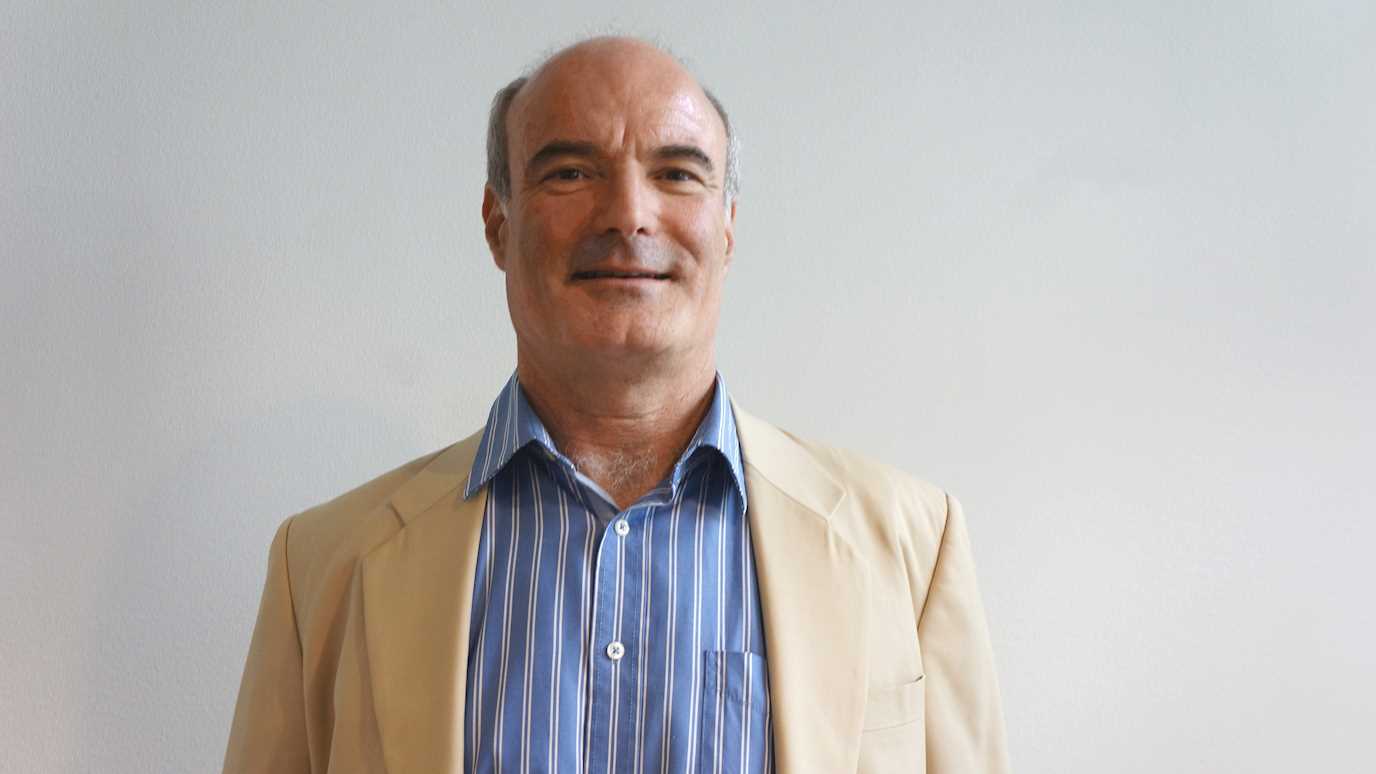In a comment piece published today in Nature, Professor Andreas Goldthau, from the Department of Politics & International Relations is calling for the G20 (a group of the top 20 wealthiest countries in the world) to govern low-carbon transition with credible and legitimate leadership, information about climate-related risks to guide investment, and global partnerships to advance low-carbon technology.

Professor Andreas Goldthau, from the Department of Politics & International Relations
With President Trump's decision to quit the Paris Accord last week, the future of climate policy is a hot topic. Professor Goldthau also wrote about Trump's 'worst business deal yet' for The Conversation.
In his latest piece for Nature his recommendations cover:
- As the G20 includes nations that lead and lag in technology, include a range of industrialised economies, rising powers, resource-rich nations and resource-poor ones they are ideally placed to lead steps to a low-carbon future for all. The G20’s regular meetings of finance ministers should become the steering committee for the low-energy transition.
- A global mechanism is needed to share information about climate-related investment risk. Investors will be able to plan and make better choices if they know the chances of an asset losing its worth. Information about the trajectories of low-carbon policies could be provided by the G20’s Task Force on Climate Related Financial Disclosures, an expert group established in 2015. This task force should be made permanent and produce regular reports like the 2017 study by the International Energy Agency (IEA) and IRENA1 , commissioned by the German G20 presidency.
- Global partnerships are needed between technology leaders and laggards to advance the take-up of low-carbon technologies. The G20 Energy Sustainability Working Group, the coalition’s main body for sustainable growth and clean energy, should champion these partnerships. It could make them a G20 policy goal alongside promoting energy efficiency or the end of fossil subsidies.
Read the full article, and learn about study and research in the Department of Politics & International Relations.
























